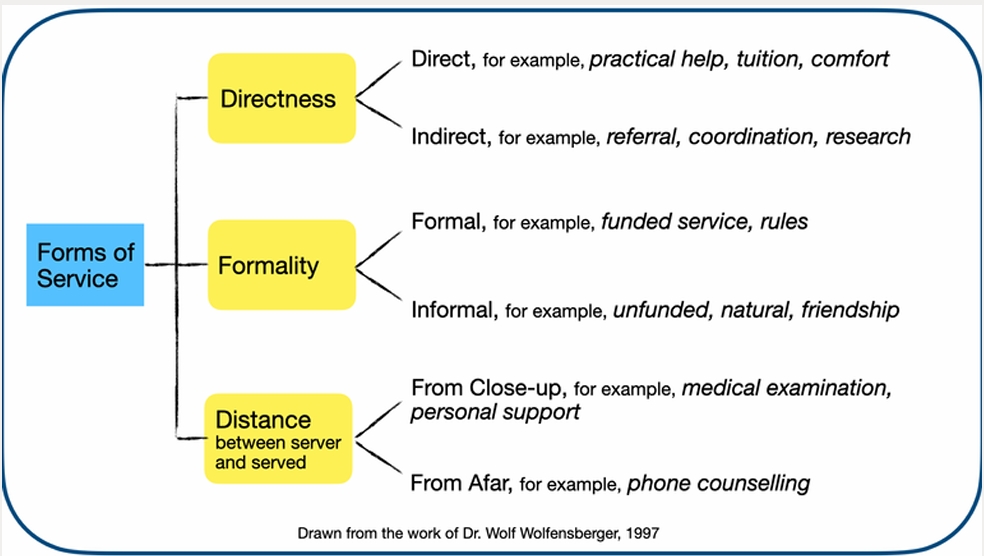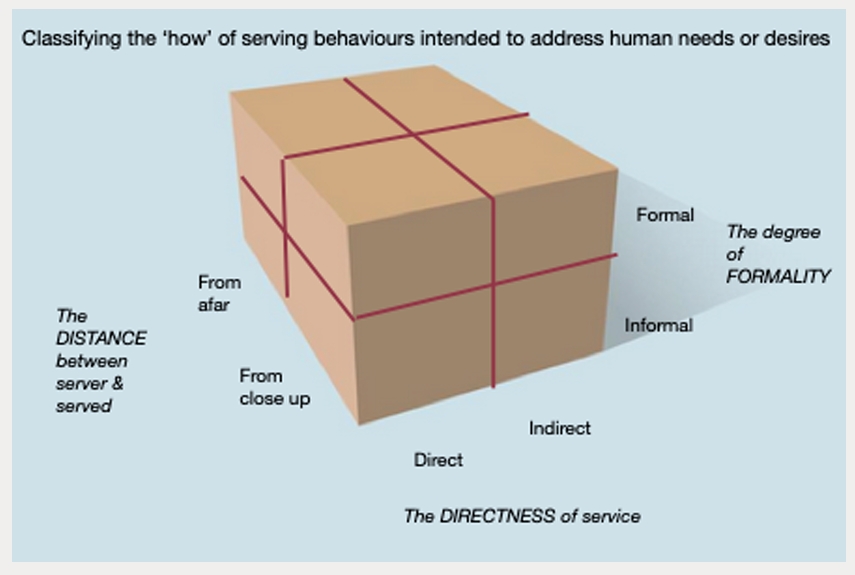Navigating the NDIS review process can be complex and overwhelming for participants and their families. In this blog post, we aim to demystify the review process and explore the options available to participants who are dissatisfied with decisions made by the NDIS.
Understanding the NDIS Review Process: The NDIS review process is designed to ensure that participants receive fair and appropriate support tailored to their individual needs. There are several stages in the review process:
- Internal Review: If you disagree with a decision made by the NDIS, such as a refusal to fund a certain support or service, you have the right to request an internal review. This involves having your case reviewed by a different NDIS decision-maker who will reassess the original decision. You MUST apply for this review within 3 months of receiving the decision you want to review.
- Administrative Appeals Tribunal (AAT) Review: If you are not satisfied with the outcome of the internal review, you can apply to the AAT for an independent review of the decision. The AAT has the authority to overturn NDIS decisions if they are found to be incorrect or unreasonable. You can seek the support of an independent Advocate to assist you in the process.
- Mediation and Alternative Dispute Resolution: In some cases, it may be possible to resolve disputes through mediation or alternative dispute resolution processes. These methods aim to facilitate constructive dialogue between participants and the NDIS to reach a mutually acceptable resolution.
- Change of Circumstance: If your circumstances have changed significantly, such as experiencing a deterioration in health, changes in living arrangements, or new support needs emerging, you can request a change of circumstance review from the NDIS. This involves providing updated information and documentation to support your request for a reassessment of your plan. The change of circumstance review option provides participants with the flexibility to access additional support or modify their existing plan to better meet their evolving needs. It is important to communicate any changes in your circumstances to the NDIS as soon as possible to ensure that you continue to receive the appropriate level of support.
Your Options: When facing a decision by the NDIS that you disagree with, it’s important to know your options and take proactive steps to assert your rights. Here are some tips for participants navigating the review process:
- Know Your Rights: Familiarize yourself with the NDIS legislation and guidelines to understand your rights as a participant. The NDIS Act and the NDIS Operational Guidelines outline the rules and procedures governing the scheme.
- Gather Evidence: Compile relevant documentation and evidence to support your case. This may include medical reports, assessments, and testimonials from healthcare professionals, carers, or support workers.
- Seek Support: Don’t hesitate to reach out for support from advocacy organizations, disability support services, or legal professionals. These resources can provide invaluable guidance and support throughout the review process.
- Stay Informed: Keep yourself informed about the progress of your review and any updates or changes to the NDIS policies or procedures that may affect your case. You can join NDIS mailing lists or social media groups that stay up to date on current changes in NDIS policy.
Conclusion: The NDIS review process can be complex and challenging, but with the right information and support, participants can assert their rights and advocate for the support they need. By understanding the review process and exploring their options, participants can navigate the system with confidence and ensure that their voices are heard.
Remember, you are not alone in this journey. Reach out for support, stay informed, and don’t hesitate to assert your rights as a participant of the NDIS.




